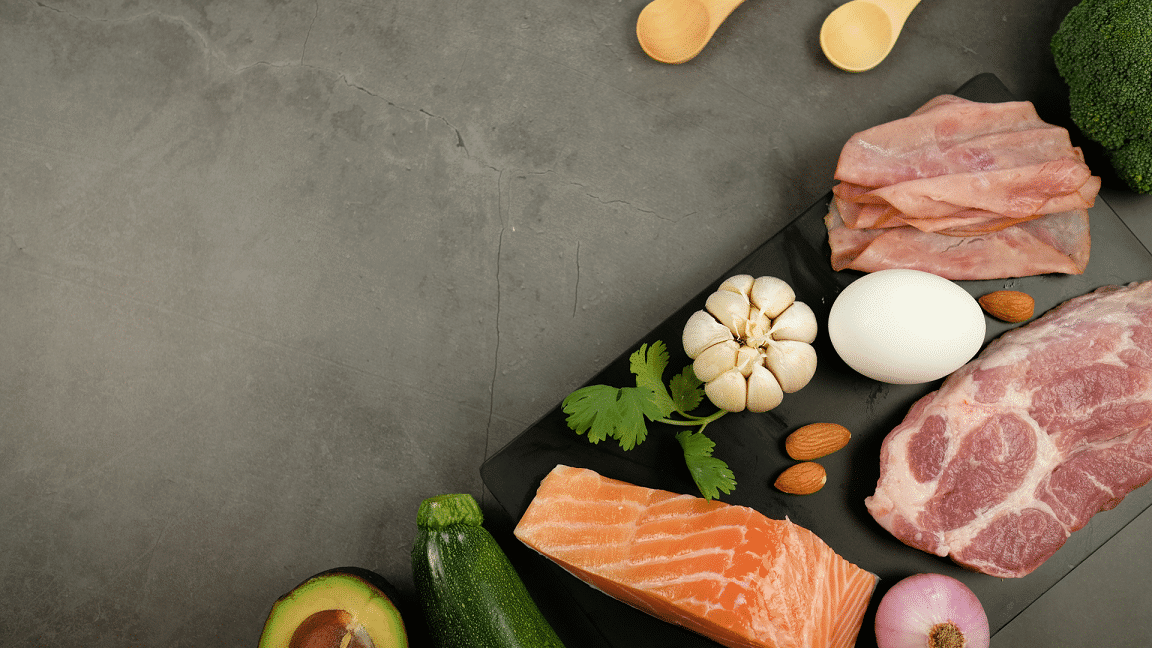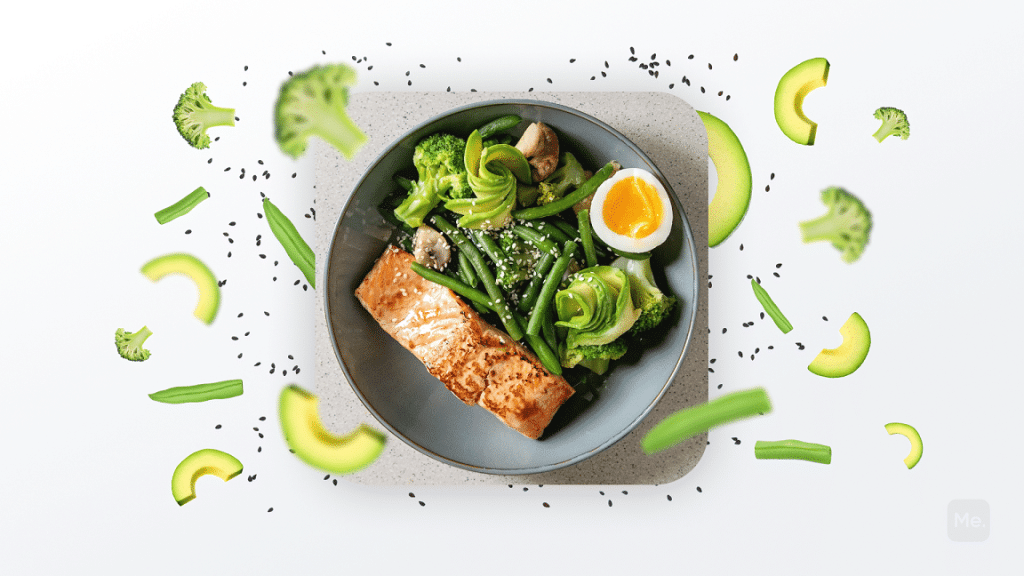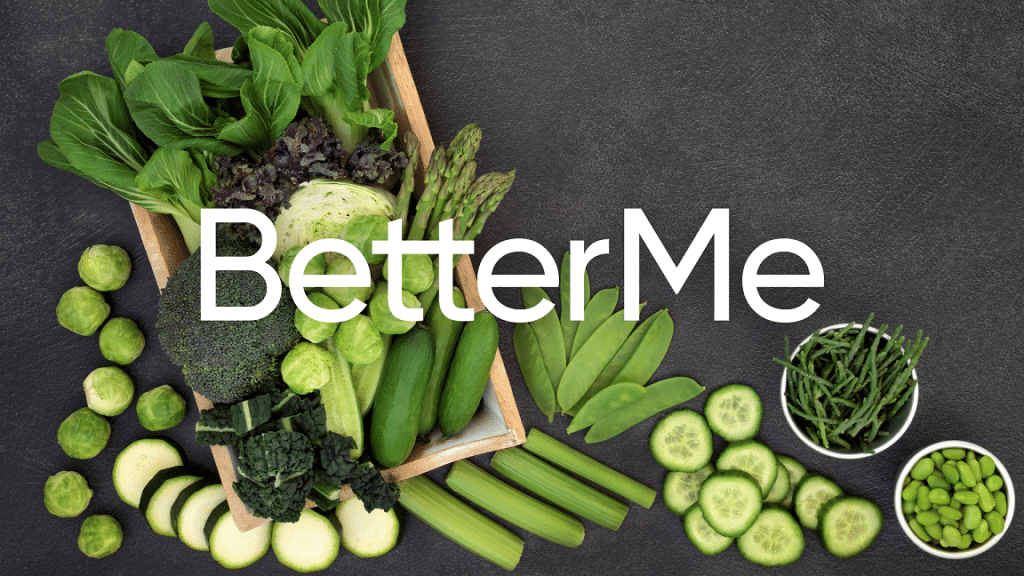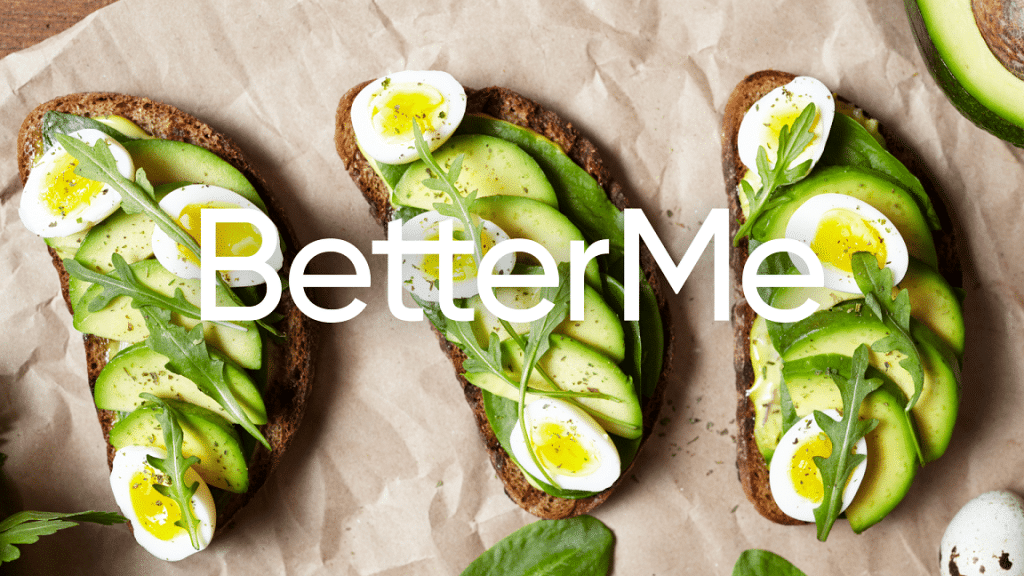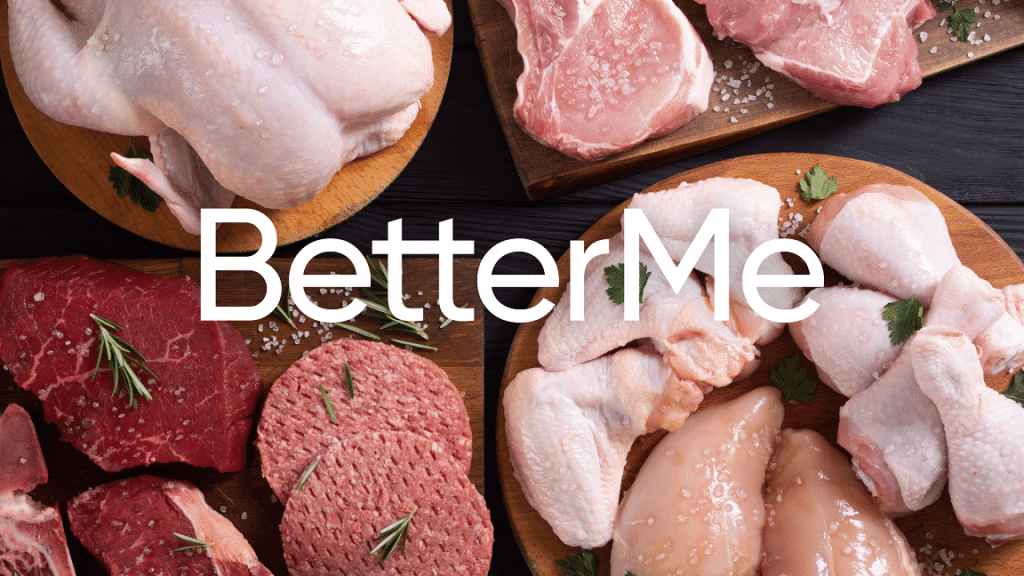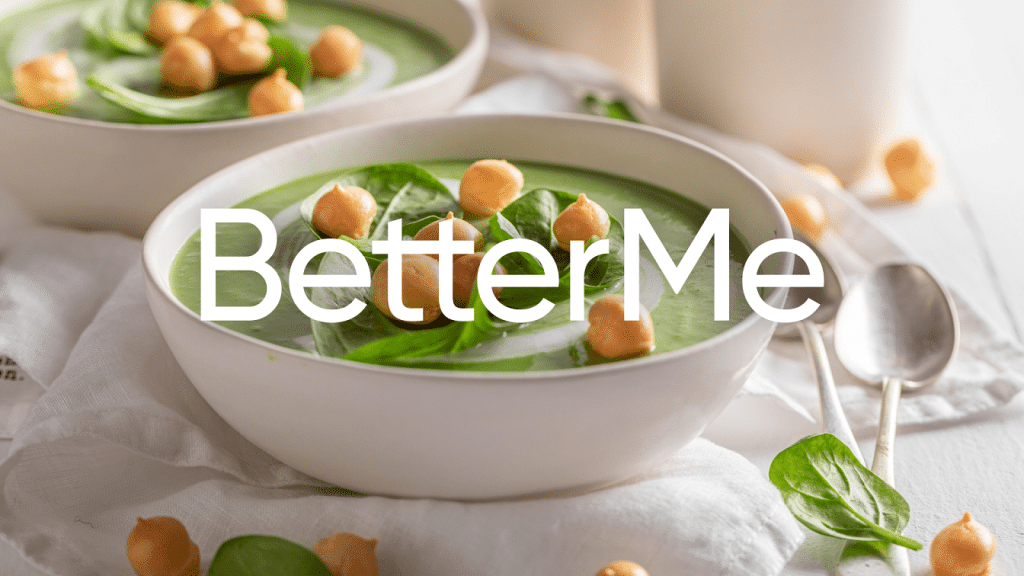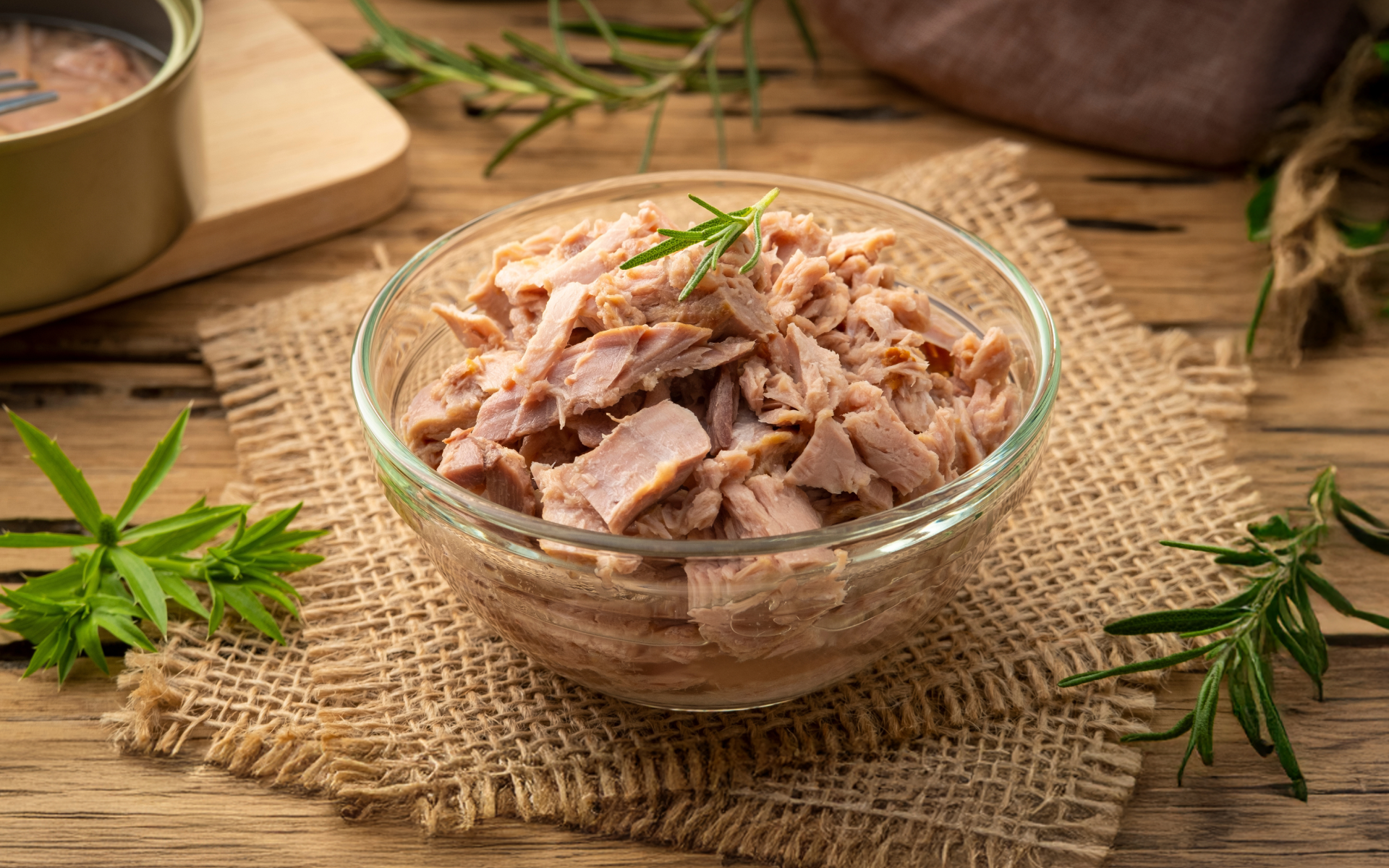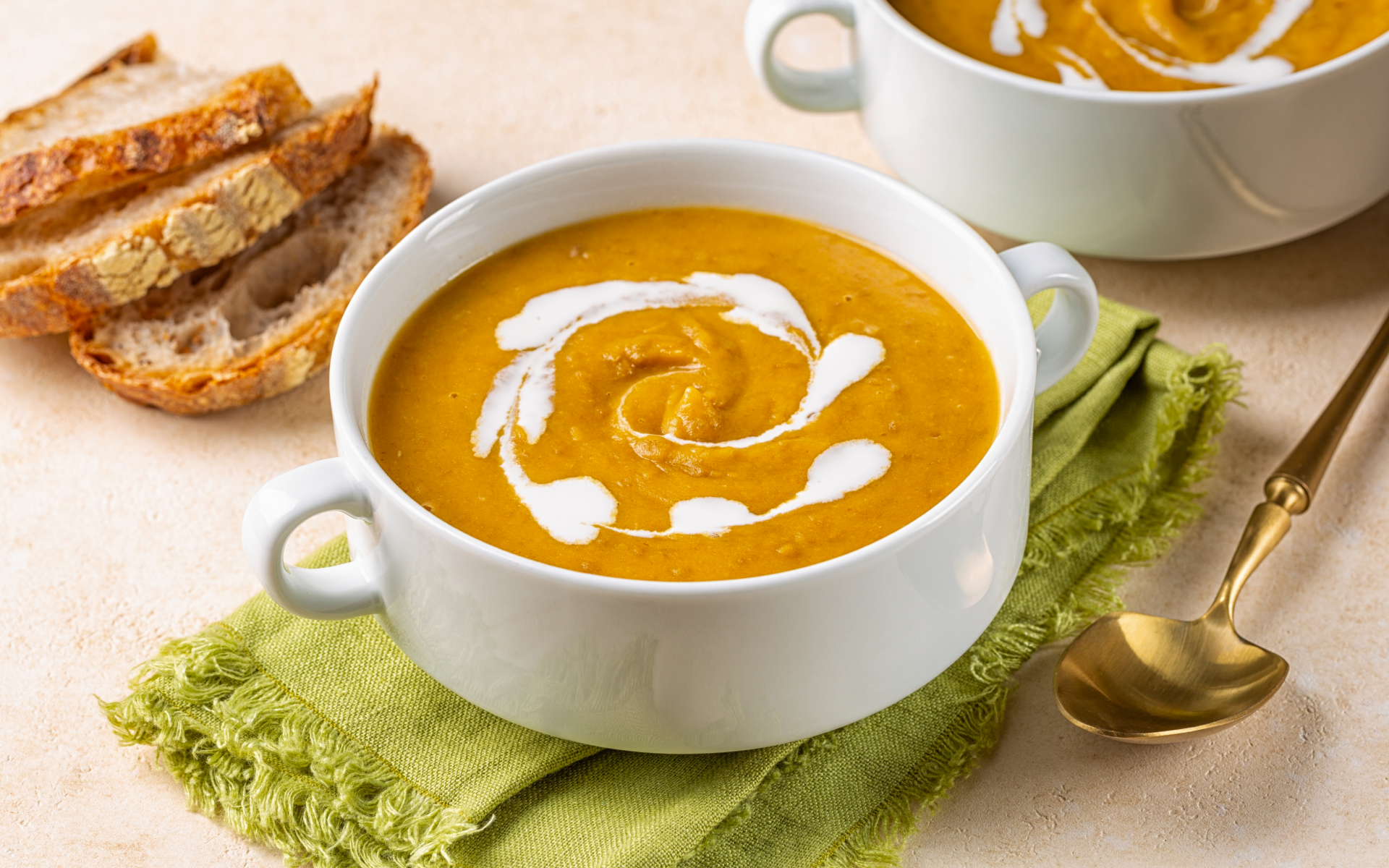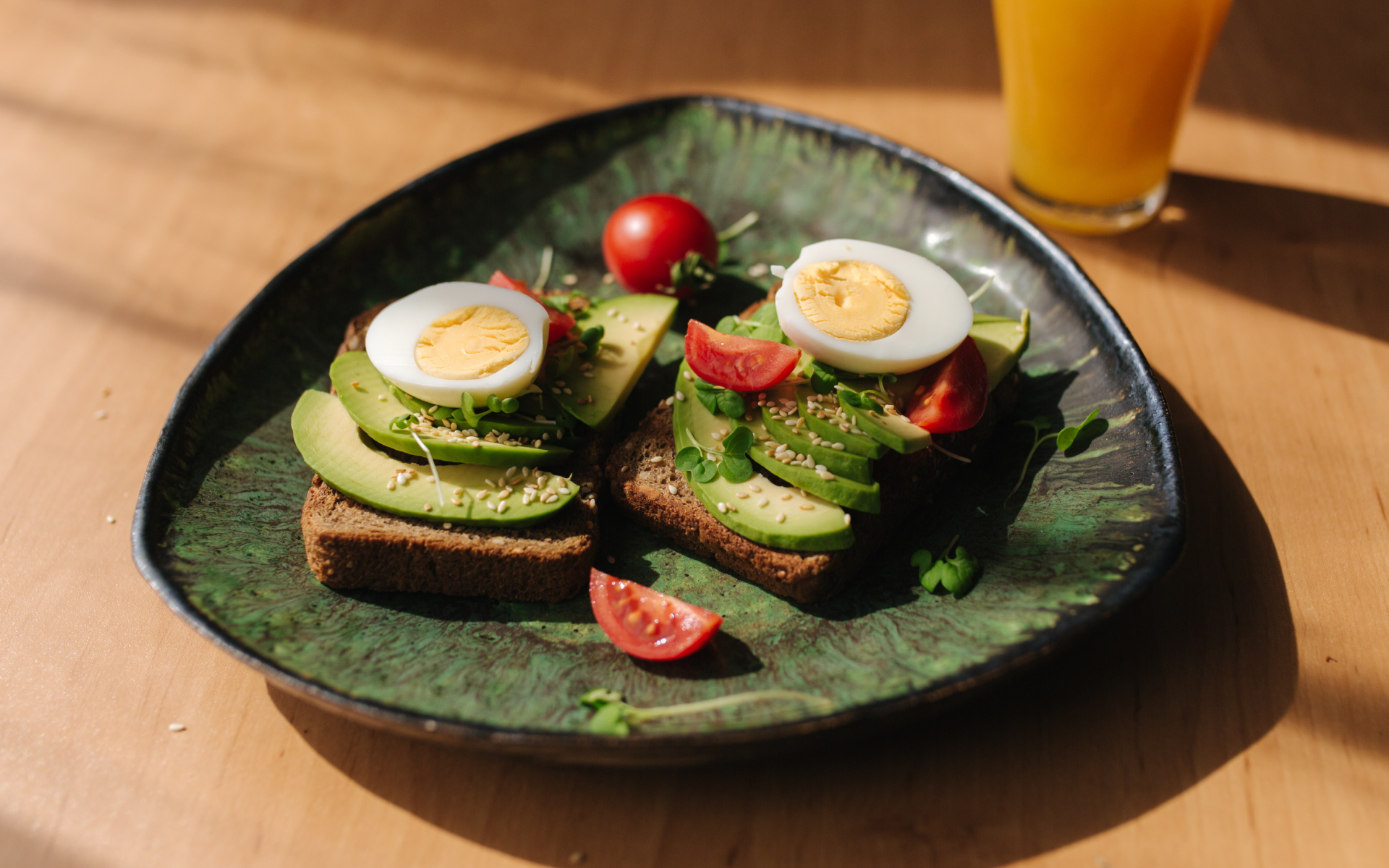We all want the best. This usually applies for the best job, the best house, and indeed the best health. Our health largely depends on what we eat. Since now more than ever people are eating healthier food and following many diets, people are in search of the best options. The best thing about all of this is that there are too many diets to choose from. This means you won’t be able to find only one diet that fits you. The fact that there are remarkably many diets also means you have to go through various diets in order to find one that works for you. Low-carb diet vs vegan diet, which is the best?
Get your personalized
meal plan!
Expert Opinion
During the American Heart Association’s Scientific Sessions annual meeting, different experts tried to define the best diet. The experts agreed on these few characteristics of a good or the best diet. According to them, a diet is only better than another one if it is more sustainable in the long term (4). They also went on ahead to say that an ideal diet is one that promotes an increased consumption of vegetables, non-processed whole foods, and a reduced consumption of processed meat, added sugar and refined carbohydrates (4). The best diet also depends on each individual. So in simple terms, the best diet is one you can stick to while still offering the highest quality of foods.
Most people adopt new diets in order to lose weight. Both the low carb diet and the vegan diet are known to promote weight loss if followed strictly. The problem with these two diets is that they can be too restricting to the point that it is hard to follow them for a long period of time. While having that similar, do not even think these two diets are anywhere close to each other. These two diets are very distinct as you will see in this well-informed read.
Low-Carb Vs. Vegan Diet: Vegan Diet
Most people usually wonder if the vegetarian diet and the vegan diet are the same thing. They are not the same. All vegans are vegetarians, but all vegetarians are not vegans (11). This is because while the vegetarian diet advocates for plant-based foods, there are some variations of the diet that allow for some animal-source products like dairy, honey and eggs (11). This is not the case when it comes to vegans. Vegans only allow plant-based foods into their diet and prohibit the consumption of any animal flesh and animal-related food including dairy, honey and eggs.
Some people go for a variation of the vegan meal plan where they eat all their food while raw. This is referred to as the raw vegan diet. Vegans eliminate all animal source products from their food. Their food is rich in vegetables, fruits, and whole grains. A vegan diet is usually low in fat, and it can be challenging to eat enough protein on a daily basis. Most foods in this diet are low-calorie foods.
Vegans are believed to be thinner and healthier compared to omnivores. They are also said to have a lower body mass index (BMI) and also lower cholesterol levels. This is because their food mostly consists of fresh fruits and vegetables. Vegetables and fruits are great sources of vitamins, which are greatly needed by the body. They are also excellent sources of minerals and other nutrients essential for the human body.
Most people promoting the vegan diet believe replacing animal source proteins with plant-based proteins decreases mortality and cardiovascular risk factors over a period of time.
Low-Carb Vs. Vegan Diet: Why Do People Choose To Go Vegan?
There are a number of reasons as to why a person might choose to go vegan. These reasons are:
Better health. This is because plant-based diets are said to reduce the risk of certain diseases, apart from offering nutrients needed by the body to promote good health.
Protect the animals and environment at large. Most vegans are pro-animal life and choose the vegan way to protect the lives of animals. Some vegans don’t even have items made from animal products as jewelry, part of their home decor or anything.
Whether you’re a workout beast or just a beginner making your first foray into the world of fitness and dieting – BetterMe has a lot to offer to both newbies and experts! Install the app and experience the versatility first-hand!
What Do Vegans Eat?
If you are part of such a restrictive diet, you need to know what you can eat and what you should keep off your plate. This helps you stick to your diet to the letter and enables you to gain all the benefits that come with this particular diet. Here is what to eat if you are on a vegan diet (8):
- Fruits such as apples, bananas, mangoes, different kinds of berries and so on.
- Vegetables such as kales, broccoli, and the rest.
- Legumes such as peas, beans, chickpeas and lentils
- Nuts and seeds
- Breads, rice, and pasta
- Dairy alternatives such as soymilk, coconut milk, and almond milk
- Vegetable oils
What To Avoid As A Vegan?
As a vegan, the same way you should know what to eat is the same way you should know what to avoid. Here are some of the foods you should avoid (8):
- Meat such as beef, pork, lamb, and other red meat.
- Poultry such as chicken, duck, and other poultry.
- Fish or shellfish such as crabs, clams, and mussels.
- Eggs.
- Cheese, butter.
- Milk, cream, ice cream, and other dairy products.
- Mayonnaise. This is because it includes egg yolks.
- Honey and gelatin-based food
Read More: 3 Day Egg Diet: Can It Up Your Protein Intake And Kick Weight Loss Up A Notch?
Vegan Diet And Weight Loss
Is the vegan diet able to promote weight loss? If so, how does it do it? Are there facts to back any of these claims? The answer is yes, the vegan diet could be beneficial for weight loss. Based on the fact that vegan diets mostly support the consumption of foods with low calories, we can say that they promote weight loss. This helps create a calorie deficit leading to weight loss. Most vegetables and fruits contain high amounts of fiber. This makes them have an effect on one’s feelings (9). This makes a person feel satisfied longer, hence reducing their total energy intake per day. People who follow plant-based diets also show reduced risks of cardiovascular disorders.
A study was conducted on a randomised controlled trial using a whole food plant-based diet in a community affected by obesity, ischaemic heart disease or diabetes (7). The participants of the study had the following characteristics:
- Aged between 35 and 70.
- Were obese or overweight and at least had either type 2 diabetes, ischaemic heart disease, hypertension or hypercholesterolaemia.
- They were 65 participants and 32 of them were put in the control group. The study took 6 months.
Results
After the six months, it was noticed that the individuals following the whole food plant-based diet had a more reduced BMI compared to the individuals following the normal diet. The individuals also had reduced cholesterol levels. This shows plant-based diets could lead to weight loss and help prevent or reduce some risk makers of cardiovascular diseases.
Low-Carb Vs. Vegan Diet: Low-Carb Diet
Since all there is to highlight on the vegan diet has been discussed. What is the low-carb diet?
This diet is known to come in different names, some people refer to it as a ketogenic diet or a low carb high fat diet. This food plan emphasizes on rich sources of fat, moderate sources of proteins and a limited consumption of carbs. This particularly goes to mean most starchy vegetables, fruits and grains are largely excluded in this diet. The same cannot be said for the vegan food plan. In this diet you have to minimize your carb intake under all costs but increase your fat intake.
The idea behind most low carb high-fat diets is to force your body into a state of ketosis (3). Ketosis is a state in which your body uses fat for energy instead of carbohydrates. This diet involves removing carbohydrates from your diet until your body and brain are forced to utilise another form of energy as highlighted above. When you eat less than 50 grams of carbohydrates per day, which is what most people following a keto diet eat every day your body eventually runs out of fuel, which is commonly known as glucose. This takes about three to four days to happen. After this, your body will start to break down fat for energy. This process of using ketones for energy, for fueling your body, is called ketosis. In simple terms, when you are in ketosis, your body will start breaking down and using its stored fats for energy.
This diet is known to reduce risk factors associated with cardiovascular diseases. Most people use this diet to lose weight.
Low-Carb Vs. Vegan Diet: Why Do People Choose A Low-Carb Diet?
There are many reasons as to why a person might choose a low-carb diet. These reasons include (5):
- A person might want a diet that restricts carbs in order to help in their weight loss journey.
- Another reason might be a person wanting to change their overall eating habits.
- The last reason might be maybe a person wants to enjoy the types of foods and the amounts of foods in a low-carb diet.
- These are some reasons people may choose to go on a low-carb diet.
- With that said, there are some certain groups of people who should not join a low-carb diet without consulting a dietitian first. These groups of people are (1):
- Mothers who are currently breastfeeding or pregnant.
- People taking high pressure medication.
- People taking medication for diabetes.
If you belong to those three categories or you do suffer from any health condition, it is invariably advisable to consult a dietitian before trying a low-carb diet.
What Foods Should One Eat In A Low-Carb Diet?
Since this can potentially be a restrictive diet, it is important to know which foods you should include in your meal plan. Here is what you should eat and some you should avoid when on this diet:
Dairy
Unlike the vegan diet, dairy is allowed on a low carb diet. This does not mean all dairy products are allowed. One is allowed to have plain yoghurt and cheese, butter and cream. People on a low-carb diet should, however, stay away from ice-cream, non-fat and sweetened yoghurt.
Read More: Milk Diet For Weight Loss: Will The Weight Drop Away?
Nuts And Seeds
If you are on this diet, you can enjoy different types of nuts and seeds such as macadamia, almonds, chia seeds, pecans, flaxseeds, walnuts, pumpkin seeds and peanuts.
Meat And Poultry
Unlike the vegan diet, you are allowed to eat chicken, beef, lamb, pork and turkey. Processed meats should be avoided in this diet.
Vegetables
Low-carb veggies such as asparagus, broccoli, cauliflower, onions, celery, eggplant, leafy greens, mushrooms, tomatoes, and peppers are okay while starchy vegetables such as butternut squash, corn, potatoes, sweet potatoes should not be taken.
Oils And Fats
Fats are a crucial macro in this diet, and hence healthy sources of fats and oils are encouraged. Such sources include avocado, coconut, olive, and sesame oils.
Fruits
Most fruits are packed with carbohydrates, this makes them a hard no-no on this diet. The only exceptions are berries such as raspberries, blackberries,strawberries and melons like watermelon and cantaloup.
Fish And Eggs
Unlike the vegan diet, you can have eggs on this diet. You should just try to ensure that the eggs are organic. When it comes to fish, you can choose either herring, mackerel or wild salmon.
Drinks/Beverages
Almond or flax milk, bone broth, unsweetened teas and coffees are considered okay while sugary alcoholic drinks, beer, soda and fruit juice are discouraged.
Dropping pounds by the dozens without putting yourself through the wringer is everyone’s weight loss pipe dream. But what if we told you that the BetterMe app can make that happen? Keep yourself in prime shape with our fat-blasting workouts, delicious budget-sparing recipes, and body-transforming challenges with our app!
Low-Carb Diet And Weight Loss
The low-carb diet is able to promote weight loss. The rule for weight loss is to consume less calories than you burn. A low carb, high fat, moderate protein diet promotes weight loss in many ways. The burning of stored fat that is used for energy in such a diet also promotes weight loss as one is burning stored fat and using it for energy. Another way this diet promotes weight loss is by encouraging more intake of protein. Proteins promote muscle growth. Muscles have a higher resting metabolic rate than fat mass. This increased metabolism helps cut off those extra pounds.
A study to determine if a low-carb diet is effective in reducing body weight was done (2). The study wanted to determine if weight loss would be achieved for healthy people and for people with type II diabetes. The study took 3 months. People were divided into four groups.
- Group 1
People with type II diabetes following a low-carb diet.
- Group 2
Healthy people eating a low-carb diet.
- Group 3
People with type II diabetes following a normal diet
- Group 4
Healthy people eating a normal diet.
Results
The results showed that weight loss was greater for people who were following a low-carbohydrate diet compared to the normal diet. The low-carb diet was equally effective for individuals with and those without diabetes.
Low-Carb Diet Vs. Vegan Diet: Which Is Better?
With all the information highlighted. It is clear that they both can work to effectively promote weight loss (10). Both have their downsides. If you are on a vegan diet, you should be careful about vitamin B12 deficiency, whose main source is animal-source products (6). If you follow a low carb high-fat diet, you should pay attention to the fats you consume. Unhealthy fats can be bad for your health.
As highlighted earlier, the best diet is the one you can sustain while getting all the nutrients you need. The answer to low-carb diet vs vegan diet which is the better diet remains: both are interesting diets and it all depends on the individual.
DISCLAIMER:
This article is intended for general informational purposes only and does not address individual circumstances. It is not a substitute for professional advice or help and should not be relied on to make decisions of any kind. A licensed physician should be consulted for diagnosis and treatment of any medical conditions. Any action you take upon the information presented in this article is strictly at your own risk and responsibility!
SOURCES:
- A low-carb diet for beginners (2020, dietdoctor.com)
- A low-carbohydrate diet is more effective in reducing body weight than healthy eating in both diabetic and non-diabetic subjects (2007, pubmed.ncbi.nlm.nih.gov)
- Ketogenic diet: Is the ultimate low-carb diet good for you? (2017, health.harvard.edu)
- Keto, Mediterranean or Vegan: Which Diet Is Best for the Heart? (2018, livescience.com)
- Low-carb diet: Can it help you lose weight? (2017, mayoclinic.org)
- The Basics of a Vegan Diet (2019, foodinsight.org)
- The BROAD study: A randomised controlled trial using a whole food plant-based diet in the community for obesity, ischaemic heart disease or diabetes (2017, ncbi.nlm.nih.gov)
- What Is a Vegan Diet? (n.d., webmd.com)
- What is Vegan Diet? (n.d., health.usnews.com)
- What’s Better For Weight Loss: A Vegan Diet or Keto? (2018, womenshealthmag.com)
- What to know about vegan diets (2020, medicalnewstoday.com)
